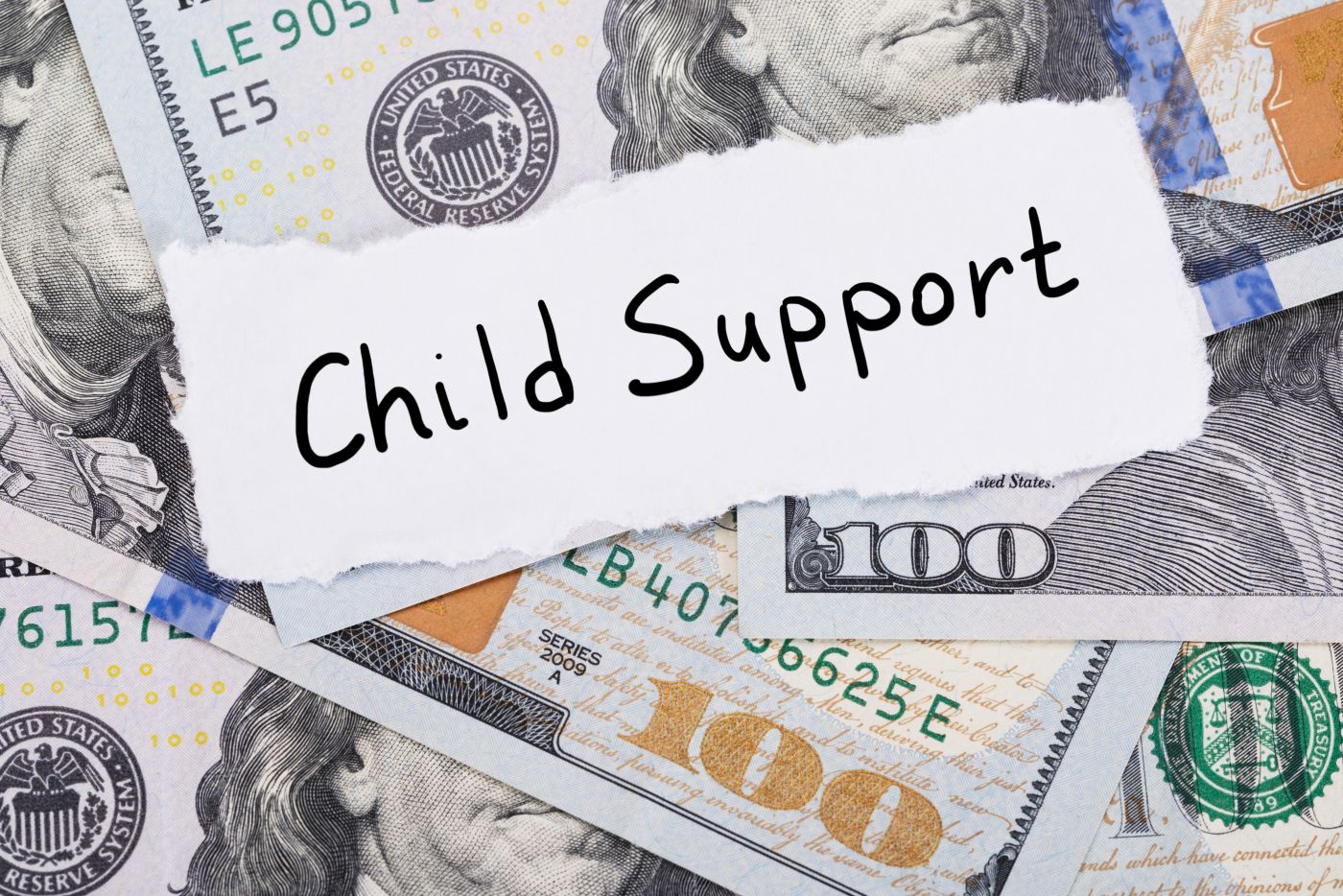
Child custody cases can be some of the most emotionally charged legal matters that parents face. The Okoh-Brown Law Group, PLLC in Houston, Texas, understands the intricacies and sensitivities involved in these situations, and it’s committed to helping parents manage through this challenging time.
Child custody laws vary by state, but the primary focus is always on the well-being and best interests of the child. As a parent, understanding how the legal system determines custody can empower you to make informed decisions during the process.
The decisions made during a child custody case can have long-lasting effects on both parents and children. The Okoh-Brown Law Group, PLLC is here to guide you through this process with legal support.
The Different Types of Child Custody Arrangements
When it comes to child custody, there are several types of arrangements that a court can award. These arrangements are designed to make sure that the child’s well-being and allow both parents to remain involved in the child’s life. The most common types of custody include physical custody, legal custody, joint custody, and sole custody.
Physical custody refers to where the child lives, while legal custody involves the right to make important decisions for the child, such as decisions regarding education, healthcare, and religion. Parents can share these responsibilities, or one parent may be granted full custody.
Courts typically favor joint custody arrangements, but in some cases, sole custody may be awarded if one parent is deemed unfit or if it’s in the child’s best interest.
How Child Custody Is Determined
When a court is tasked with making a decision regarding child custody, it will consider several factors. The goal is always to determine what is in the child’s best interest. While each state has its own criteria for determining custody, there are several common factors that courts typically evaluate.
These factors help make sure that the child’s emotional, physical, and psychological needs are met.
Some key factors to keep in mind include:
The child’s age and health: A court will consider whether the child is of an age where they can express a preference for which parent they wish to live with.
The relationship between the child and each parent: Courts often favor arrangements that allow the child to maintain strong relationships with both parents.
The stability of each parent’s home environment: A stable, supportive home is essential for a child’s growth and development.
The parents’ mental and physical health: Courts will evaluate whether either parent has issues that might impact their ability to care for the child.
Any history of abuse or neglect: Any history of domestic violence or neglect will be heavily considered, and may result in one parent being awarded sole custody.
These factors play a significant role in determining custody, but each case is unique. As you proceed, it’s important to consider how these factors may apply to your own situation. Now, let’s take a look at how child custody laws apply to parents in different situations, including unmarried parents and those who are seeking to modify an existing custody order.
Child Custody Laws for Unmarried Parents
While custody laws are often discussed in the context of divorcing or separating parents, they also apply to unmarried parents. In cases where the parents were never married, one parent may have legal rights to the child based on paternity or legal recognition as the child’s guardian. Unmarried fathers may need to establish paternity in order to seek custody or visitation rights.
Establishing paternity is an essential step for fathers who want to play an active role in their child’s life. In some cases, an unmarried mother may have automatic physical custody, but a father who has established paternity can seek joint or sole custody.
It’s important for unmarried parents to understand how the law applies to them and to take appropriate legal steps to secure custody rights.
How Custody is Modified After a Court Order
In some cases, a custody order isn’t permanent and may be modified later. Life circumstances change, and the needs of the child or parents may evolve, prompting one or both parents to request a modification to the custody agreement. A court may modify the custody order if it finds that there has been a significant change in circumstances since the original order was made.
Some key reasons for modifying a custody order include:
A change in the child’s needs: If the child’s needs have changed significantly, such as needing a different educational setting or specialized medical care, a modification may be necessary.
A parent’s change in circumstances: If one parent’s work schedule changes or they move to a different location, it could warrant a modification.
Evidence of neglect or abuse: If new evidence emerges showing that a parent is neglecting or abusing the child, this may prompt a modification to assure the child’s safety and well-being.
It’s essential to understand the legal process for modifying a custody order, as it can be complicated and requires the court to determine that a change is necessary. Understanding the factors the court will consider can help you present a strong case for modification.
Now let’s explore how custody agreements can also involve child support, and the impact of this financial responsibility on custody arrangements.
How Child Support Impacts Custody Arrangements
While child custody primarily focuses on living arrangements and decision-making, it’s often intertwined with child support obligations. When a parent is awarded primary physical custody of a child, the other parent is typically required to provide financial support for the child.
Child support can impact a parent’s ability to maintain certain custody arrangements, particularly if they’re struggling financially.
Some key considerations regarding how child support can impact custody include:
The financial stability of each parent: A parent’s financial situation can affect their ability to care for the child, which may influence the court’s custody decision.
Support as a factor in joint custody: While financial support is often a separate issue, the paying parent’s ability to contribute may be considered when determining joint custody arrangements.
Enforcement of child support orders: Failure to pay child support can lead to legal consequences, including impacting the parent’s custody or visitation rights.
The link between child custody and child support is often inseparable, as the financial needs of the child must be met regardless of custody arrangements. Now, let’s take a closer look at what parents should consider when developing a parenting plan.
Creating a Parenting Plan
A well-structured parenting plan is essential for divorced or separated parents to make sure that both parties understand their rights and responsibilities. A parenting plan outlines how parents will share custody and visitation, as well as how decisions regarding the child will be made.
This plan can be created with or without the help of a mediator or attorney, but it must be approved by the court.
Some key components of a parenting plan include:
Custody and visitation schedules: This includes the days and times each parent will spend with the child, as well as holidays and special occasions.
Decision-making authority: The plan should outline how important decisions about the child’s health, education, and welfare will be made.
Communication expectations: A good parenting plan will include guidelines for how parents will communicate with each other about the child’s needs.
Dispute resolution: In case of disagreements, the plan should outline a process for resolving conflicts, such as through mediation or arbitration.
Creating a clear and fair parenting plan is essential for reducing conflict and making sure that the child’s needs are met. Let’s now explore how The Okoh-Brown Law Group, PLLC, can assist parents in managing the intricacies of child custody laws.
Call The Okoh-Brown Law Group, PLLC Today
The Okoh-Brown Law Group, PLLC serves clients throughout Texas, including Houston, Dallas, Fort Worth, San Antonio, El Paso, and beyond. Contact an experienced child custody attorney at the firm today to schedule a consultation and take the first step toward securing the best possible future for you and your child.


